Boat Trailering Checklist (Safety Tips & Gear)
- By: Luke Simonds
- on
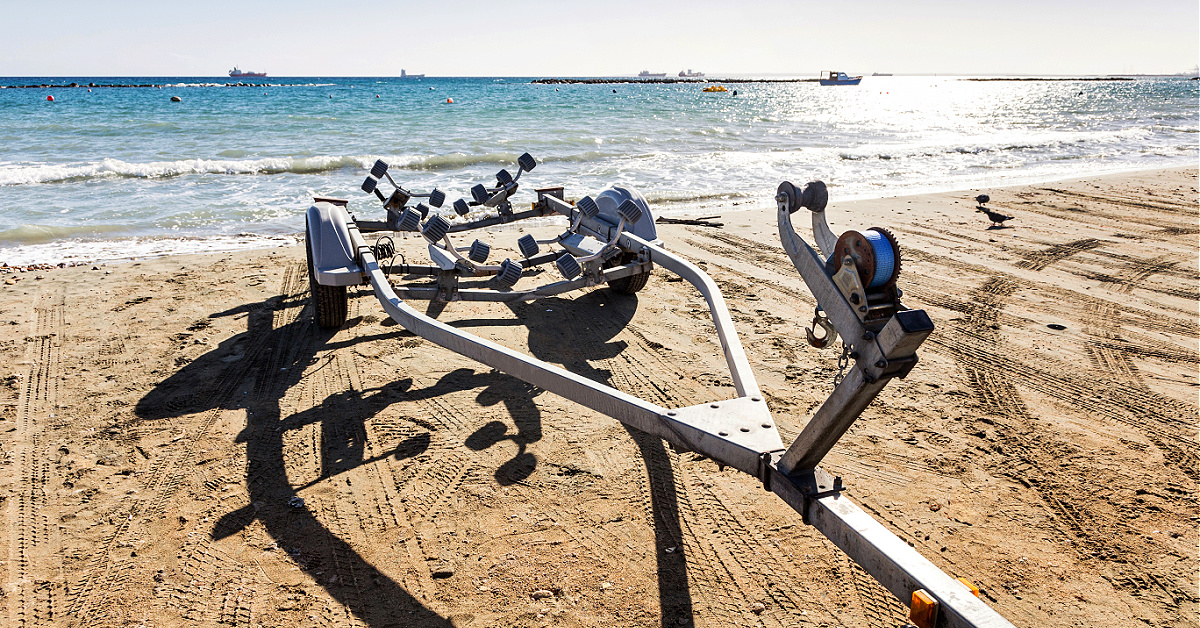
The article and video on this ‘boat trailering checklist’ page will make sure that you get to and from your launch points as safely as possible.
You’ll see the supplies needed along with a checklist of items to do in order to take to ensure safe transportation of your boat and trailer to your favorite fishing grounds.
There’s even a free PDF checklist listed below that you’re welcome to download so that you can have it handy on your next trip.
Boat Trailering Items
A lot can happen if you are trailering a boat and it is always best to be over-prepared to handle any scenario.
It is best practice to always go over your trailer to tighten down any nuts or bolts and make sure everything is in place.
The Hitch
It is extremely important that all aspects of the hitch are locked down tight.
You never know what can happen when you are trailering a boat. If the hitch bolt somehow becomes undone and you hit a bump on the road, you’ll quickly find that the trailer is no longer connected to the truck like what happened to me recently… not a fun situation!
Always make sure that the bolt is secure with a lock-nut before heading out to your destination. Also, confirm that the hitch pin is in place and that the trailer coupler is secured around the hitch ball.
These checks just take a few seconds, and they will leave you with the peace of mind that the trailer won’t get unhitched while in transit.
It is also recommended to put grease on the trailer hitch ball because it will reduce the metal-to-metal friction caused by loading and unloading the trailer.
Cables/Chains
The cables/chains on the trailer play an important role in keeping the trailer and hitch intact and held together.
Be sure to have the cables criss-cross over each other to help keep everything in line.
Having the cables crisscrossed helps maintain control of the trailer.
Tire Changing Gear
If you need to change a trailer tire, a good jack that is quick to set up and lift your trailer can be worth its weight in gold when stuck on the side of a busy interstate in rush hour traffic (I’ve been there before and it’s not fun).
Also, I highly recommend having a tire iron in an easy-to-reach spot so that any needed tire chance can be fixed as fast as possible.
They do not take up much space and will help get you back on the road faster.
What many people often forget about are the lug nuts on the tires of the trailer. Having some fresh water on hand to wash the lug nuts after being exposed to saltwater will significantly increase their longevity. Just a quick rinse down after every dip in saltwater is all it takes (don’t wait until you get home).
Easy Bearing Check
It is very important to make sure your bearings aren’t in bad shape. An easy check for this is to simply touch your hub after you’ve been on the road to make sure they aren’t hot.
Warm is totally ok. But a hot hub means you need to have them serviced/replaced asap to make sure you don’t get stranded on the side of the road with a failed hub.
Watch the video below to see more details along with some helpful tips for safe and efficient trailering of your boat.
Boat Trailering Safety Video


Boat Trailering Checklist
Here’s a list of things to do while trailering boats that will help make sure to keep trailering as safe and trouble-free as possible.
Preparation Items
- Make sure the trailer coupler is securely locked onto the hitch ball (add grease to hitch ball if it’s not yet greased)
- Cross the safety chains/cables when connecting the trailer to the vehicle
- Connect the electrical cord to the vehicle
- Check that the hitch ball is securely bolted onto the hitch
- Check trailer hitch pin to make sure it’s in place and secure
- Make sure safety straps/chains are secure for securing the bow and stern of the boat to the trailer
- Check that trailer lights and turn signals are working
- Make sure that the trailer’s lug nuts are secure and not full of rust
- Look for signs of grease on hubs (a grease leak will increase odds of having a hub problem)
- Check that all tires (including the spare) have proper air pressure
- Bring all needed gear for fixing a flat tire (spare tire(s), jack, tire iron, wood plank) & store in an easy to access location
- Check that all items in the boat are secure and won’t blow out while on the road
- When stopping for gas or at the ramp, feel the hubs to make sure they are not hot (hot hubs is a sign of needing to be replaced before it locks up)
- [Optional] Pack extra hitch & spare tire if on a long trip in case you or someone else needs it
- [Optional] Pack an extra hub in case one goes out while on the road
Right Before Launching Items
- Make sure the plug is in the boat
- Load everything needed from vehicle to boat
- Unfasten safety tie-downs in the stern of the boat before backing into the water
- Have set plan for handling/securing boat once it’s off the trailer
- Unfasten bow tie-downs once trailer tires are in the water
- Rinse off hubs with fresh water after pulling the trailer out of saltwater

Conclusion
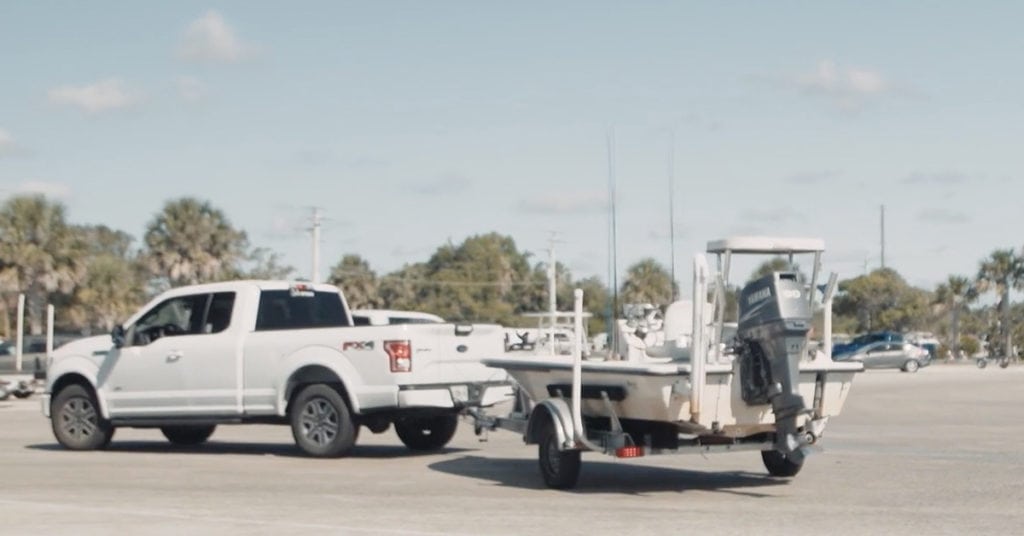
There is a lot that can go wrong when trailering a boat behind you and taking every little precaution possible can help you to avoid a potential catastrophe.
Be sure to regularly inspect your trailer and before each trip, ensure the functions are normal and ready to go before you find yourself stuck on the side of the road.
Do you have any more questions or suggestions on boat trailering safety tips?
Let me know down in the comments!
And if you know someone who wants to learn more about the boat trailering checklist, please TAG or SHARE this with them!
P.S. – Want to get 11 soft plastic lures for just ONE PENNY with no catch? Check out our 11 Lures For ONE PENNY Special Offer HERE.
Related Articles:
Related categories:
STOP WASTING TIME ON THE WATER!
Do what the “SMART ANGLERS” are doing and join the Insider Club.
Here’s what you’ll receive today when you join:
- Weekly fishing reports and TRENDS revealing exactly where you should fish every trip
- Weekly “spot dissection” videos that walk you through all the best spots in your area
- Exclusive fishing tips from the PROS you can’t find anywhere else
- Everything you need to start catching fish more consistently (regardless if you fish out of a boat, kayak, or land).

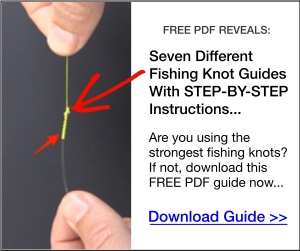


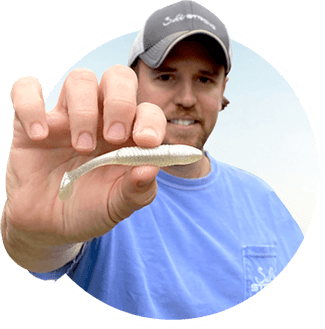
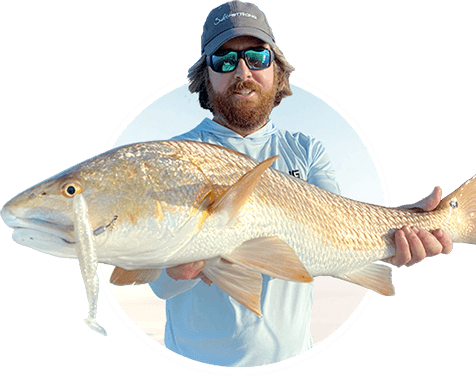
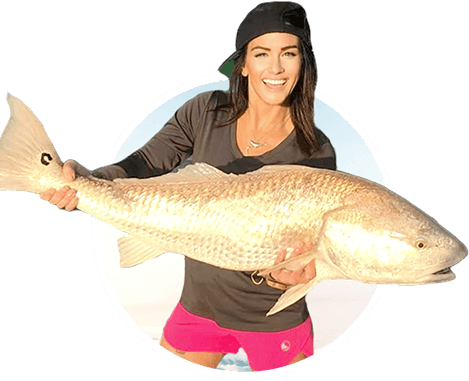
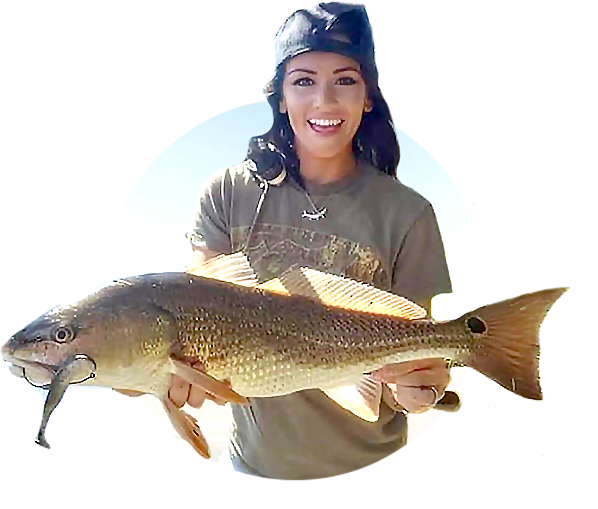
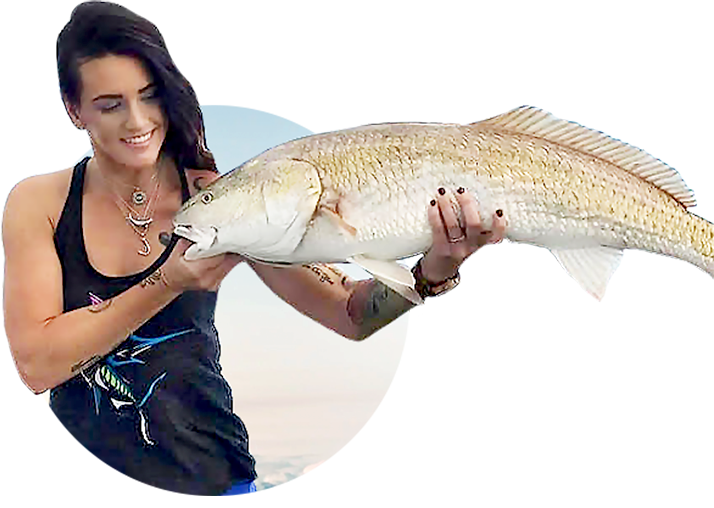

Good subject covered by an article with a lot of information. These topics could be highlighted a bit more:
Test at least semi annually
Bearings:
Lift tire, spin tire, listen for roaring noise that changes pitch with speed. A roaring sound could be a sign of damaged bearings.
Lift tire, push-pull tire at the north-south and east-west positions. Note that minor amount of movement is ok but anything more should be tightened.
Check tire pressure each trip unless your last time to trailer was less than a week, especially after wide outside temp changes. It’s best to check tire pressure with cold tires. Bring a roll of quarters if needed so you have change to pay for an air pump.
Please remember to have a designated boat operator and driver every trip.
Glad to See and Hear You are safe, and Your Boat ! Great Tips.
Some quick thoughts…
**I always remove the lug nuts and apply “Never Sieze”, doesn’t take much as it spreads like grafite and sticks, I use it on alot of different Bolts, Screws, etc that see the Salt.
**If You are stranded on the side of the road and don’t have a wooden block, and need a platform for a jack, use Your Cutting Board, they come in handy and not just for cutting.
**I always take my Boat to the Car wash ASAP, As We all do, and give it a good bath. Not sure if You heard of the “Ever Wash” App. It’s a Monthly charge, but You can wash every day, any day, doesn’t matter and most have an Engine Flush…however they are timed, most are 10m /day, but if you time it right You can Get ‘R Done. There are Car wash Stations just about everywhere (at least in Florida). Throwing it out there…Check it out.
This information may be more important than all of the fishing tips out there. Glad you made it out ok and this is a checklist that I will most definitely value in the future.
Some really good tips there. That must have got the adrenalin going. I have been towing for nearly 40 years and luckily, I was pulled over at a traffic stop my first trip. I had no battery for my trailer brakes, no chains hooked up, (there are not required in my province) and no break away switch or lanyard. I was not being careless, just uneducated. The police gave me a handful of warning tickets and 24 hrs to show up nd prove they had been addressed. They also took the time to explain why they were necessary and how to use the safety features. One of the best pieces of advice regarded the safety chains. I was told to always criss cross them because if the trailer did come off the hitch, not only would it stay attached to the vehicle, but the chains would cradle the hitch and keep it from hitting the road and possibly digging in which would result in the trailer flipping. Needless to say, I attended to all the issues and learned a bunch about towing safely. I have not had a single issue in 42 years knock on wood.
Having trailers of different sizes is common for me. Once I forgot to remove the 1 7/8” ball and install the 2” ball! I hauled a 16 ft enclosed trailer from Denver to Waco Texas without incident. It was however on the trip back with an empty trailer and high winds at 70 mph highway speeds the trailer popped off the ball. Fortunately the chains were crossed and I was able to control the vehicle without panicking and brought it safely to a stop. No damage but a scratch on my bumper where the hitch tapped me a few times. Thankfully I had the 2” ball with me and was able to change it out for a safe trip home! Scary….you bet your bottom dollar!
Hi Luke: taking one of your recommendations one step further…… rather than just carry the gallon of fresh water, I carry a 1 gallon pump sprayer. I mix 1 ounce of “ Salt away“ in that gallon sprayer. Immediately, after every dunk in saltwater, I spray off my lug nuts, hubs, trailer brakes, and all of the hardware on my trailer (I have a roller trailer). I never started doing this until I purchased my replacement trailer in 2018. But, after a few years of assessing the results, I would proffer that it makes an incredible difference in the preservation of your trailer! Takes just a few minutes and as well worth the effort.
I have had a similar experience with the ball nut backing off and trailer coming off. I now make a habit of drilling a hole through the nut and ball shaft after tightening and insert a cotter pin. Problem solved permanently.
I’m glad to see that it wasn’t just me. Great tip for using a cotter pin!
State laws cover all safety standards while towing.
Everyone should read them before they even think of towing anything.
Thanks for posting the helpful tip!
Thanks for sharing your story and the safety tips Luke. One thing I learned the hard way years ago was to recognize dry rot when inspecting the tires. Unless you really put a lot of miles on them especially if you are mostly launching locally then that can happen way before the tread shows any significant wear. Most people on here probably already know that any cracking showing up on the sidewalls means they are done but for anyone else it may save them some trouble. Of course I was only carrying one spare at the time and the second one went about an hour later.
Thanks for adding the helpful tip Walter
Good stuff, Luke. Glad you and and the boat are okay. I learned for long trips 2 spare hubs are virtually priceless. Ruined first spare hub with shavings on the spindle. A file and a second hub were key to get her home. (This was not due to neglect, by the way, was run off the road at 70mph which ruined the spindle welded to the axle).
Good suggestion about 2 spare hubs on long trips.